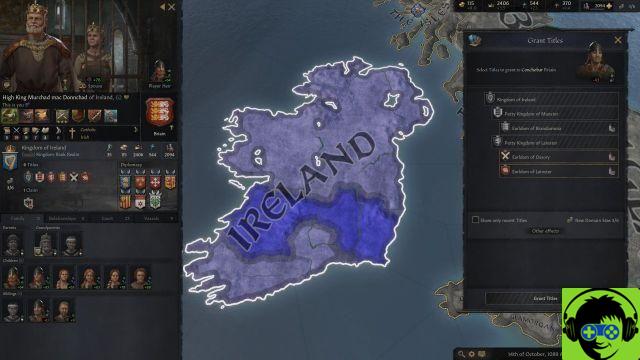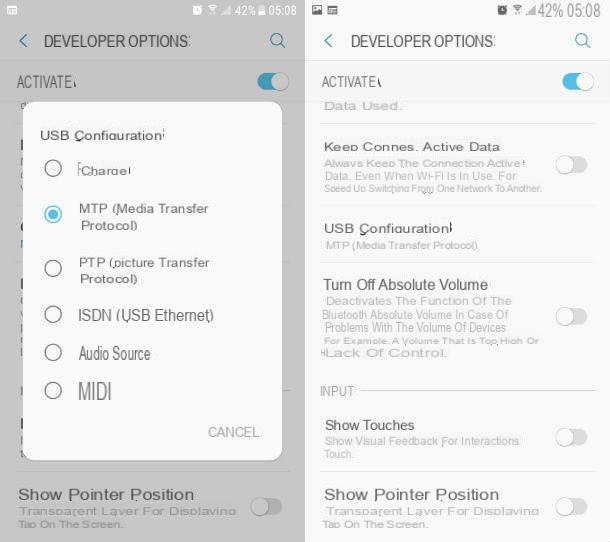
A title in Crusader Kings 3 represents a territory you own.
From a top-down perspective, titles are fairly straightforward to understand: if you own a title, you own the associated territory. However, there is one essential nuance to understand if you don't want your titles to fade over time.
First of all, you need to understand how the territory is structured in Crusader Kings 3. There are five levels of land: baronies, counties, duchies, kingdoms, and empires. They may have slightly different names depending on your culture (a feudal duchy in Ireland is a "small kingdom", for example), but the basics remain the same. The baronies make up the counties, the counties make up the duchies, etc.
Claims are an important aspect of titles that you need to understand. I go into a lot more detail about claims in the guide here, but the idea is just as simple - claims are titles that you are entitled to claim. I'm talking about this because you can enter lower level titles if you own the title of the largest level of territory they belong to: IE if you have the title of a duchy but not a title for all its counties you can legally go to war for those missing titles.
Once you own a title, that territory is added to your realm and domain. The point is, you can only control a limited number of possessions in general in Crusader Kings III (the buildings on the map under direct control), and barely two duchies in a realm before the sanctions go into effect. These negative effects range from lower taxes and levies to your vassals who develop negative opinions about you. To mitigate this, you'll need to assign some of these territories to a different character, giving them title and ownership of the land.
Since these people will remain your vassals, the land will always count for your kingdom, but you will need to be aware of who you are giving all this power to. You don't want to give someone a title equal to your highest title lest they become an independent nation, and you want to spread the wealth a bit to prevent a family from consolidating too much power. Titles are passed on according to the inheritance laws of your kingdom, so take this into account when ceding a duchy to one of your subjects: if their heirs do not come under your household and begin to marry d other dynasties, you risk losing that territory when the title is passed on to someone who does not see you as their liege.
You can assign titles either by right-clicking on a character's portrait and selecting the option down, or by clicking on your kingdom's banner next to your character portrait at the bottom right of the HUD (it's also in your character sheet, just below your avatar and traits). You can select all of the available titles and gift as many as you want to one person in one go, but don't forget to keep an eye out for the building icon next to some of your titles. This indicates that the security has one of your holdings in it and you to maximize the number of holdings you own directly to increase your taxes and levies. Vassal's will help, but holdings under your authority provide the best benefits.
When granting titles, it is usually best to give them either to distant relatives who remain within your dynasty, or to courtiers in your court with the benefit of content. You're less likely to run into awkward issues if you do, but keep an eye on their marriages to make sure they don't marry in a new dynasty and lose titles through your own inheritance laws (as their sole heir). a woman in a patriarchal society, meaning that her sons will take their father's house and dynasty, which could fall under someone else's rule).
Finally, you cannot give your main title, nor the title on which your capital is based. You can give it your all, but it's yours. If someone has one on them, they may try to usurp you, so be careful not to give any vassal an easy swear claim by granting them the duchy or kingdom in which your capital is located.
-


























